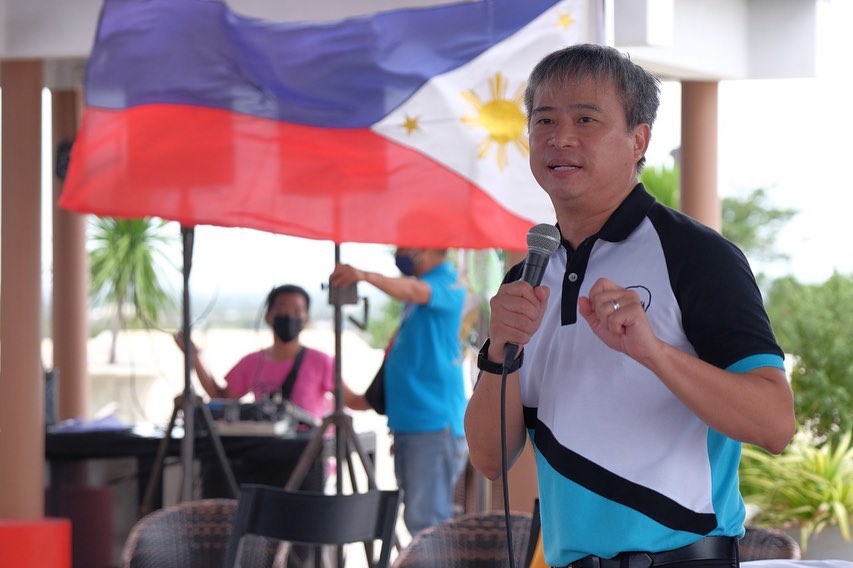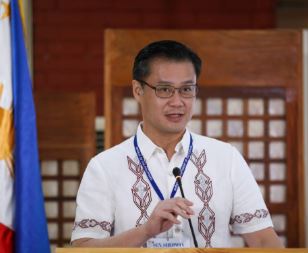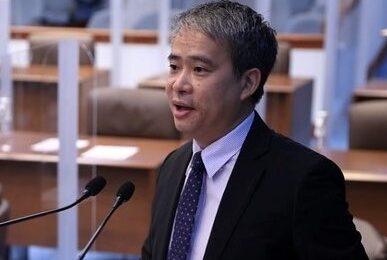Hinimok ni Senador Joel Villanueva, principal author at sponsor ng Republic Act No. 11962, kilala rin bilang Trabaho Para sa Bayan (TPB) Act ang National Economic and Development Authority (NEDA) at iba pang kaugnay na mga ahensya na gumawa ng isang Artificial Intelligence (AI)-ready national employment master plan.

Ginawa ni Villanueva ang panawagan kasunod ng ulat ng World Bank na nabawasan ang share ng high-skilled workers sa services sector – mula 20% na naging 6% na lamang – dahil sa lumalaking kamalayan sa Generative AI (GenAI).
Ayon sa World Bank, pangunahing naapektuhan ng AI ang sektor ng finance at insurance kasunod ang management at enterprise operations, gayundin ang information-based businesses.
“Our employment plan needs to be AI-ready in all aspects because the jobs and livelihoods of our kababayans are on the line,” sabi ni Villanueva.
Bilang Senior Vice Chairperson ng Senate Committee on Finance, isinulong ni Villanueva ang pag-amyenda ng panukalang 2025 General Appropriations Bill, kasabay ng panawagan na maglaan ng pondo para suportahan ang TPB plan at bumuo ng micro-credentials na naglalayong turuan ng dagdag na kaalaman ang mga Filipino.
Binigyan-daan din ng senador ang kahalagahan ng pagbuo ng mahusay na technical working group sa loob ng Inter-Agency Council ng TPB para bumuo ng dynamic at innovative na mga polisiya at programa para sa isang competitive na Philippine workforce sa AI at “technologically advanced world of work.”
“The Trabaho Para sa Bayan Act is the platform we have created for the government to rationalize investment incentives for job generation, and it follows that the government agencies involved should come up with proactive strategies to ensure that Filipino workers are not left behind or at the tail end in the constantly evolving labor market,” ani Villanueva.
Itinataguyod din ng senador ang isang “proactive intervention, creation of assessment tools for micro-credentials and stackable qualifications,” partikular sa AI at iba pang mga umuusbong na teknolohiya.
“We’ve long been vocal about the need to equip our labor force with the right skills. AI is here to stay, and some jobs may be lost, but new ones are created as well requiring new skills set or competencies,” ayon pa kay Villanueva, principal author at sponsor ng Republic Act No. 11230, o Tulong Trabaho Act.
Umuusbong bilang isang pangunahing pagbabago sa higher and continuing education, ang mga micro-credentials ay maiikling sertipikasyon na nakabatay sa kakayahang nagbibigay-daan sa mga indibidwal na magpakita ng kasanayan sa mga tiyak na lugar.
“AI presents new economic opportunities, new ways of doing things, and may revolutionize work as we know it. To prevent job displacements, the Filipino workforce must be empowered with the skills for the future,” pagtatapos pa niya.





